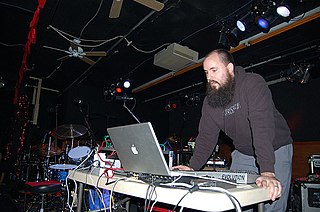A Quote by Seymour Papert
BASIC is to computer programming as QWERTY is to typing.
Quote Topics
Related Quotes
Technology and computers are very much at the core of our economy going forward. To be prepared for the demands of the 21st century-and to take advantage of its opportunities-it is essential that more of our students today learn basic computer programming skills, no matter what field of work they want to pursue.
What, then, is the basic difference between today's computer and an intelligent being? It is that the computer can be made to seebut not to perceive. What matters here is not that the computer is without consciousness but that thus far it is incapable of the spontaneous grasp of pattern--a capacity essential to perception and intelligence.
What is the central core of the subject [computer science]? What is it that distinguishes it from the separate subjects with which it is related? What is the linking thread which gathers these disparate branches into a single discipline. My answer to these questions is simple -it is the art of programming a computer. It is the art of designing efficient and elegant methods of getting a computer to solve problems, theoretical or practical, small or large, simple or complex. It is the art of translating this design into an effective and accurate computer program.
I was really looking at computers as a way to understand the mind. But at M.I.T., my mind was blown by having a whole computer to yourself as long as you liked.I felt a surge of intellectual power through access to this computer, and I started thinking about what this could mean for kids and the way they learn. That's when we developed the computer programming language for kids, Logo.
My basic idea is that programming is the most powerful medium of developing the sophisticated and rigorous thinking needed for mathematics, for grammar, for physics, for statistics, for all the "hard" subjects.... In short, I believe more than ever that programming should be a key part of the intellectual development of people growing up.






































